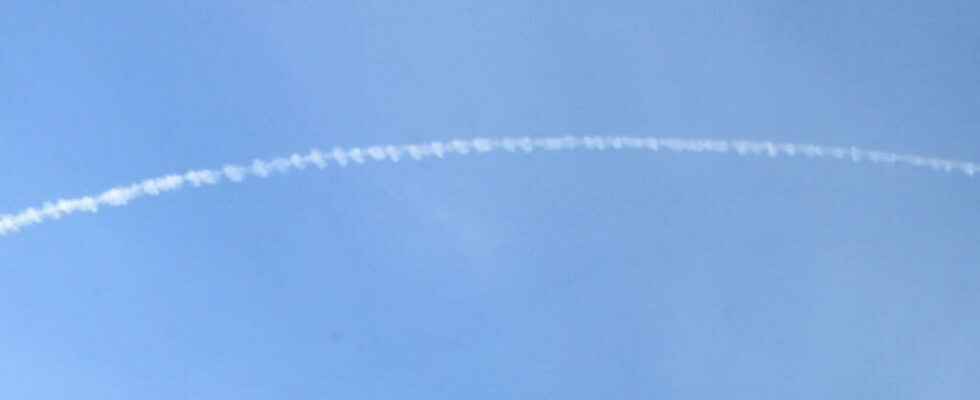The Ukrainian mayor of Nova Kakhovka (Kherson region, in the south) Volodymyr Kovalenko left his city on July 15. For nearly five months, he tried to keep his town hall services running and meet the needs of residents despite the occupation by Russian forces. He gave an interview to Nicolas Feldmann and Aleksandr Bogdanov.
RFI: Russian forces entered Nova Kakhovka on February 24, but you did not leave your town until July 15, nearly five months later. Why did you finally make the decision to leave?
Volodymyr Kovalenko : For almost 5 months, I had the opportunity to solve the problems of people who remained in the city. Their main problem is that they lacked money because from the beginning the banking system stopped working, especially cash withdrawals. Pensioners could no longer withdraw their pensions at the Ukrainian post office. No one could provide them with this money. I had to tackle this problem. We also had to convince companies to leave their warehouses and grocery stores open so that there was still food. We had to have volunteers to ensure the supply of drugs. The most important thing for me was to solve these problems without breaking Ukrainian law, but after a while I realized that I could no longer work within the law. Moreover, with my first deputy who stayed by my side all this time, we started to feel threats to our lives. So we realized we had to leave.
How were you able to exercise your function as mayor during these almost five months under Russian occupation?
I have worked in local government for 20 years, so I have experience. In practice, we didn’t have much contact with the occupation authorities. I feel like they didn’t quite know how to run the city’s economy, so I dealt with it with the executive there. Many families have been reunited thanks to the town hall, I had to ensure with the territorial centers the needs of bedridden patients, single people. We did daily work that the occupants could not do. I lived in the occupied territory for almost five months, I helped people, but I was not alone, I had with me my deputies, the services of the town hall. Without them, I wouldn’t have done anything myself.
In several occupied cities of Ukraine, we are witnessing a process of “Russification”. Is this the case in Nova Kakhovka, and if so, how does this translate?
For two and a half to three months, we had the necessary resources to meet the needs of the inhabitants, including those of the oldest. But the time has come when the Russians have created their own system, distributing pensions with amounts from 10,000 rubles [environ 160 euros]. From there, some locals, especially older ones who had run out of resources, accepted them. A month or a month and a half ago, rumors began to circulate about the issuance of Russian passports. Some residents have started to order photos, to register to obtain these passports. We have also heard from school principals that children and teachers will have to rely on the Russian curriculum.
The Ukrainian authorities have spoken in recent weeks of a counter-offensive to retake the Kherson region from the Russians. Have you observed progress on the ground?
Nova Kakhovka is a strategic point. There is the North Crimean Canal which connects the Dnieper River to Crimea. [annexée par la Russie en 2014]. There is also a hydroelectric power station. It is clear that these facilities are very important from the point of view of the liberation of Ukrainian territory. Three weeks before the start of the counteroffensive, the city was plunged into complete silence, but from July, joy was felt with this operation. It meant that we were not forgotten. In the Nova Kakhovka region, the Ukrainian army targeted and destroyed Russian military targets.
► Read also :
Ukraine: in the Kherson region, pro-kyiv residents hope for an army counter-offensive
Ukraine claims to have struck Russian forces in occupied Kherson region
